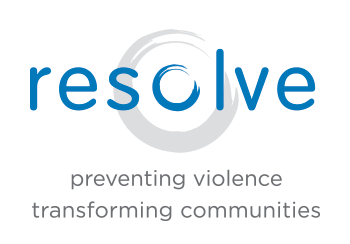I recently gained perspective on the importance of verbal skills while traveling internationally in areas where I did not speak the language.
I am used to answering my own, infrequent “what would I do if…?” questions. My response is typically a variation of “Well, I’d talk with him, set a boundary, and it would be clear that I’m not an easy victim… Or I’d go get help…” Only after exhausting all of these options would I consider physical skills.
During the time I spent alone on my trip, however, I realized that I really wasn’t able to have that conversation to prove that I wasn’t the target assailants look for. I realized, “Well, I could say “no” and yell a bunch, but I really wouldn’t be able to say much.” If it kept escalating, I’d have to turn to physical skills. Not having the necessary language skills, I’d have no other recourse but to use a strike. Mind you, nothing untoward happened to me nor did I anticipate anything like that, but I returned home with a new awareness of what happens when a person lacks options.
It was amazing for me to see this, because we work regularly now with young people in the schools – many of whom actually do feel confident with (and have used) physical skills. But they have no verbal skills to speak of. It is not unlike the absence of language entirely to not have the vocabulary to get out of a threatening situation. And I felt for these young people who get in trouble for using physical violence when words would have been sufficient. They just don’t have the words.
Teaching verbal strategies and a vocabulary of avoidance and de-escalation is much easier than learning a foreign language, let me tell you! And we must provide it to them. Because if we don’t, they will act like a cornered animal who either submits to violence or lashes out him/herself. IMPACT helps people stand up for themselves. Teaching students ways to do that before it gets physical may be the most important thing we do.
